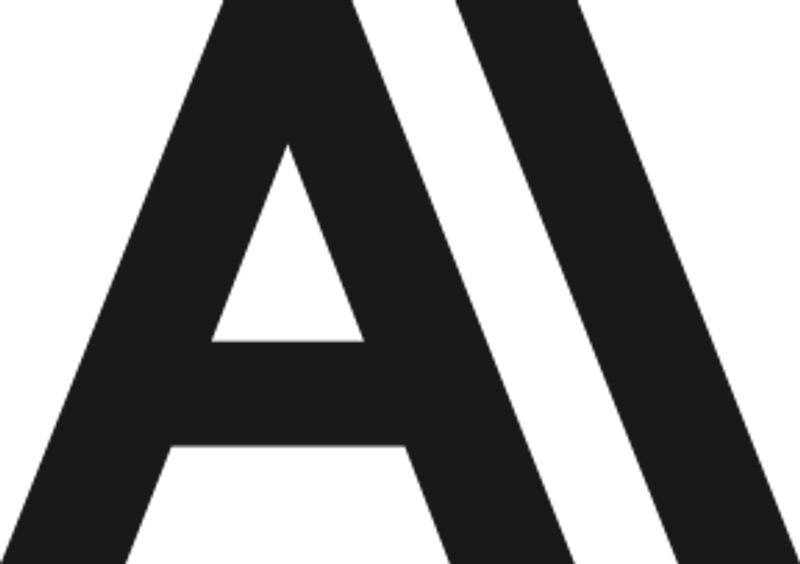Amazon Machine Learning Engineer Interview Questions
Review this list of 37 Amazon Machine Learning Engineer interview questions and answers verified by hiring managers and candidates. Asked at Amazon, Meta (Facebook), LinkedIn + 1 more • Machine Learning EngineerBehavioral+1 moreMachine Learning EngineerBehavioral+1 more
Asked at Amazon, Meta (Facebook), LinkedIn + 1 more • Machine Learning EngineerBehavioral+1 moreMachine Learning EngineerBehavioral+1 more- Machine Learning EngineerConcept
- Machine Learning EngineerBehavioral
 Asked at Amazon • Machine Learning EngineerConceptMachine Learning EngineerConcept
Asked at Amazon • Machine Learning EngineerConceptMachine Learning EngineerConcept Asked at Amazon • Machine Learning EngineerMachine LearningMachine Learning EngineerMachine Learning
Asked at Amazon • Machine Learning EngineerMachine LearningMachine Learning EngineerMachine Learning Asked at Amazon • Machine Learning EngineerConceptMachine Learning EngineerConcept
Asked at Amazon • Machine Learning EngineerConceptMachine Learning EngineerConcept Asked at Amazon • Machine Learning EngineerBehavioralMachine Learning EngineerBehavioral
Asked at Amazon • Machine Learning EngineerBehavioralMachine Learning EngineerBehavioral Asked at Amazon • Machine Learning EngineerConceptMachine Learning EngineerConcept
Asked at Amazon • Machine Learning EngineerConceptMachine Learning EngineerConcept Asked at Amazon • Machine Learning EngineerConceptMachine Learning EngineerConcept
Asked at Amazon • Machine Learning EngineerConceptMachine Learning EngineerConcept Asked at Amazon • Machine Learning EngineerData Structures & Algorithms+3 moreMachine Learning EngineerData Structures & Algorithms+3 more
Asked at Amazon • Machine Learning EngineerData Structures & Algorithms+3 moreMachine Learning EngineerData Structures & Algorithms+3 more
🧠 Want an expert answer to a question? Saving questions lets us know what content to make next.
Showing 21-37 of 37
Popular roles
Interviewed recently?
Help improve our question database (and earn karma) by telling us about your experience
+ Share interview experienceTrending companies





